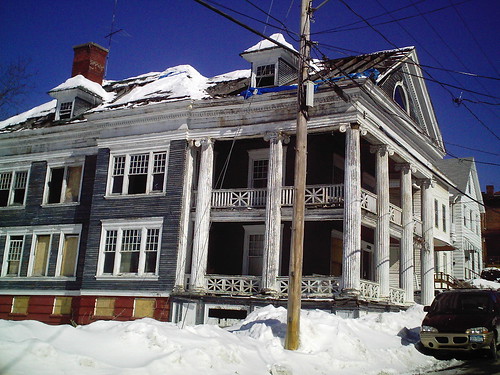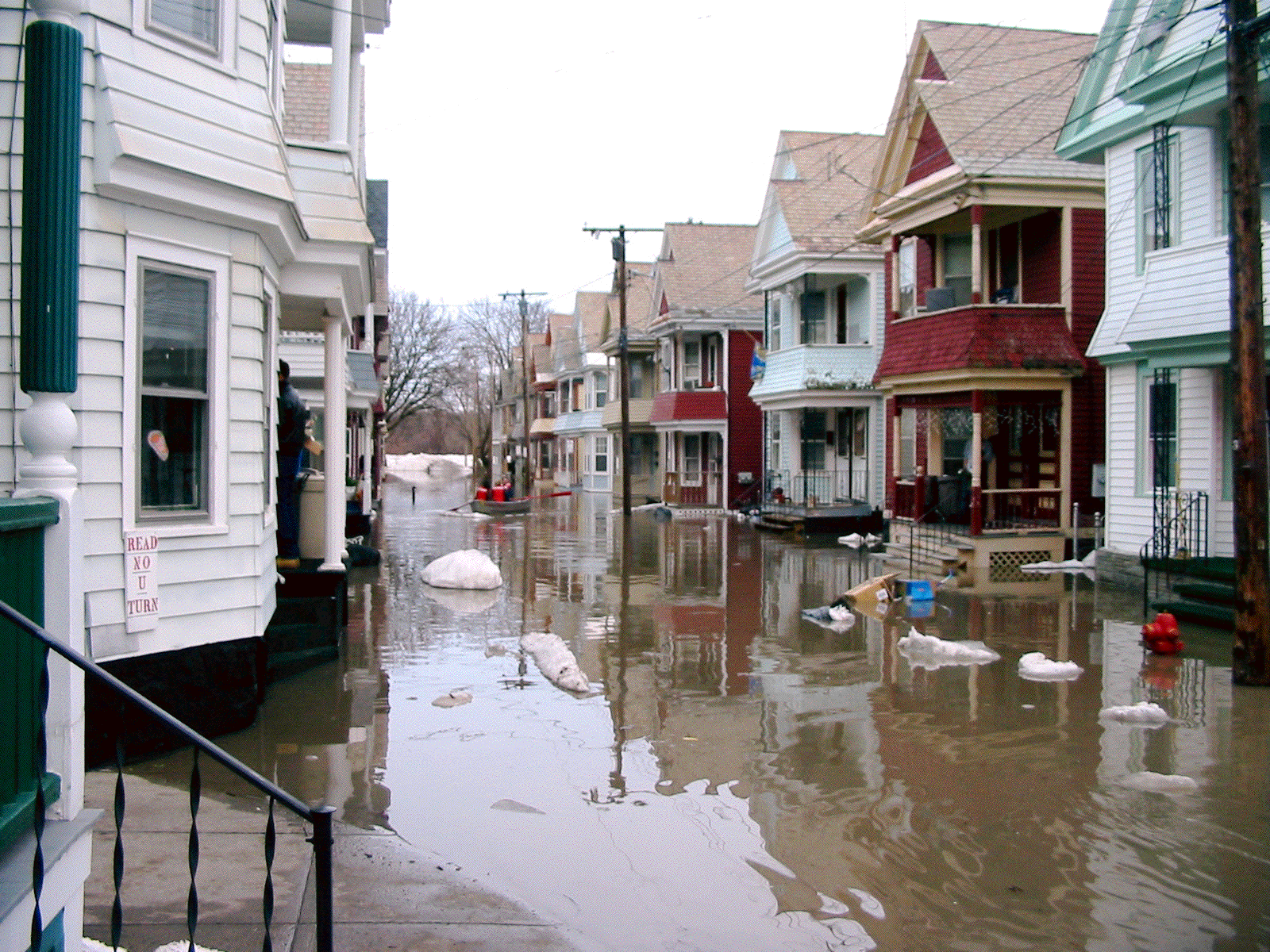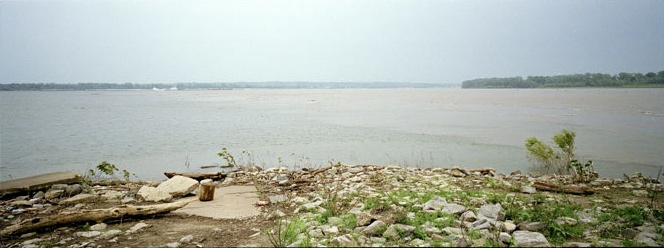I have been watching the documentary on Charles Bukowski, and maybe most in awe of the sheer desire to write. "My light is dwindling now" he said later in the film, but the question seemed to be, "did the light ever entirely shine. Some poets seem to radiate an outward being but Bukowski, instead, was a lone 60-watt light bulb in the universe. Out of which came something tremendous and terrible and vast. The ramblings of a madman, and yet one who died of leukemia like so many others before him. I don't care to venture whether he stands in the realm of heaven or hell, wther he's in a better pace now then he dwelt on earth. I didn't know him personally, and I don't think he would approved of me, necessarily, or who in fact, he did approve of, what vestage of livelihood would have made him satisfied except maybe his own.
The message that appears from him from the little I've read of his work, how you cannot really trust the happiness of the good things of the world. If nothing else, I can't help but thank him for his honesty, though I want to believe that the world has some much more beautiful purpose than not trusting in goodness. Not trusting that the bluebird in your heart should be allowed to sing. More than anything, the writing of Bukowski makes me want to react to it. As if it's a monologue of that old guy who pisses and moans the world away in the blink of an eye. React to him, but on any given day, my own reaction would be different. Some days, I'd want to shy away from those words, from that sentiment, which is both morose and sublime, a hard liner for the truths that school children shouldn't yet get exposed to, or should they?
I remember reading Sex Drugs and Rock N Roll by Eric Bogosian my senior year of high school. My teacher had left it among her stacks and stacks of books she kept in her treasury at the back of the classroom. And I read it of course because it was everything that brought me joy in those days, and I saw the glamor of it as the epitome of all that life could pretend to be. I read Junky by William S Burroughs a year later, then convalescing at home after getting out of rehab for the first time. Eighteen years old, a dismal future lurking somewhere out of my reach. I don't remember when I first read Bukowski but I must have been in my early twenties, after I had read On the Road, after Franny and Zooey, even after Milton, Whitman, Thoreau, Emerson and Aldous Huxley. So it was in mind that here is a man who figures he's got the whole establishment figured out. Here's a guy who just will not budge. And it seems to me, that he never really budged, not until it was far past the call for pleasantries. And does this kind of life preclude or propel the existence of pain? How can you judge a man like that? Because it seems he may have been an incredible writer, chronicling human pain and human folly all at once.
I don't know if maybe it's just a sliver of envy. Envy, a deadly sin. Knowing that others are getting away with something like avoiding work for years and years. Heavy drinking. The utter attention to whim, acting on the first pretense, and being able to nail it down in a language that practically everbody can understand. There, right in your face, in a voice so plain as if he's sitting next to you in a bar, maybe or on a bench, or right there on the couch next to you. On the bus riding downtown or just to meet a friend. But all the words are written, typed out and pounded into a neat form. His own form. A form I like to get to but am having such a hard time of these days. That crisp sentence that every writer needs to validate his hunger for meaningful verse. He's not a man you can speaak about once and dismiss. He's a small lamppost in the middle of the unbeautiful city, with a 60-watt bulb, speaking softly but you cannot help listening to what he's saying.
Sunday, May 28, 2006
Subscribe to:
Posts (Atom)




